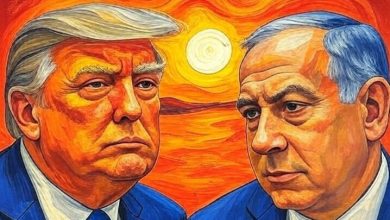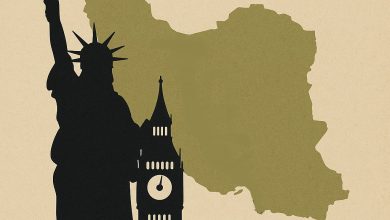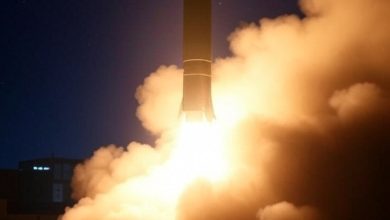The White House and the “Stick Without Carrot” Policy: A Reassessment of U.S. Strategy in Nuclear Negotiations

Since World War II, the United States has swiftly moved away from its earlier isolationist policy and adopted an assertive, alliance-based foreign policy grounded in military and economic superiority, aimed at securing and expanding its hegemony within the international system—particularly in post-war Europe. By promoting concepts such as liberal expansionism, democratization, and humanitarian aid, Washington has sought global legitimacy for its actions. However, in practice, these ideals have often masked interventions in the internal affairs of weaker states and facilitated access to their natural resources. The unequal structure of the international system and the exploitation of geopolitical crises have paved the way for a modern form of imperialism—driven by sanctions, military threats, and psychological operations.
One of the central pillars of U.S. foreign policy—especially toward adversarial states—has long been the classic “carrot and stick” approach, a combination of pressure and incentives deployed through public diplomacy, media persuasion, and hybrid strategies. Yet over the past decade, especially after the collapse of the JCPOA and failed backchannel talks between Iran and the U.S. in Oman, there is growing evidence of a shift toward a “stick without carrot” policy. In this approach, diplomatic and economic incentives are largely abandoned in favor of maximum pressure, smart sanctions, and overt military threats.
Contrary to the initial assumption that this shift is purely strategic, it is rooted in deeper structural changes within the American political system. An informal coalition comprising powerful lobbies such as AIPAC, neoconservative factions, and extremist groups in Congress has played a key role in steering this new direction. Their goal is not merely to contain Iran within the framework of regional competition, but to weaken its governing foundations and fuel domestic discontent with the aim of triggering internal destabilization. The secret talks in Oman have come to symbolize this strategic transformation—where threats now replace conditional, engagement-based dialogue.
The maximum pressure policy, especially through broad, multilayered sanctions, has placed Iran’s economy under immense strain, with far-reaching social, economic, and human rights consequences. U.S. actions, in clear contradiction to the principles of international law, have effectively served as tools for violating human rights and depriving the Iranian people of developmental opportunities. Furthermore, extensive psychological warfare and media operations targeting Iran’s governing institutions have become an inseparable component of this evolving strategy.
On the other hand, Iran’s domestic political structure faces multiple internal challenges. Weak economic planning, the persistence of a rentier-based distribution model, lack of institutional transparency, and deepening social and political divides have eroded national resilience against external pressures. In this context, the “Second Step of the Revolution” discourse, introduced by Iran’s Supreme Leader, can only evolve into an effective counter-strategy against imperial pressure if it incorporates a thorough internal and historical reassessment of anti-imperialist struggles. Historical precedents suggest that effective resistance to foreign pressure is unattainable without fundamental internal reform.
To this end, it is crucial for Iran to transition from a rentier distributive economy to a productive, justice-based model. Promoting social justice, enabling inclusive political participation (from both establishment actors and external critics), and fostering national reconciliation are among the prerequisites for boosting internal legitimacy and enhancing Iran’s international standing. Fulfilling these conditions will strengthen internal resistance, improve diplomatic leverage, and more effectively neutralize foreign pressure.
Ultimately, if structural reform and reconstruction are not earnestly pursued, the global power structure—currently influenced by radical and ideological actors such as Trump, Netanyahu, and AIPAC—may succeed in imposing its will on Iran through continued destabilization efforts. The geopolitical future of the Islamic Republic depends on strategic decisions made today across political, economic, and social domains—decisions that must be rooted in principles such as national independence, social justice, and informed, rational resistance to hegemonic domination.






